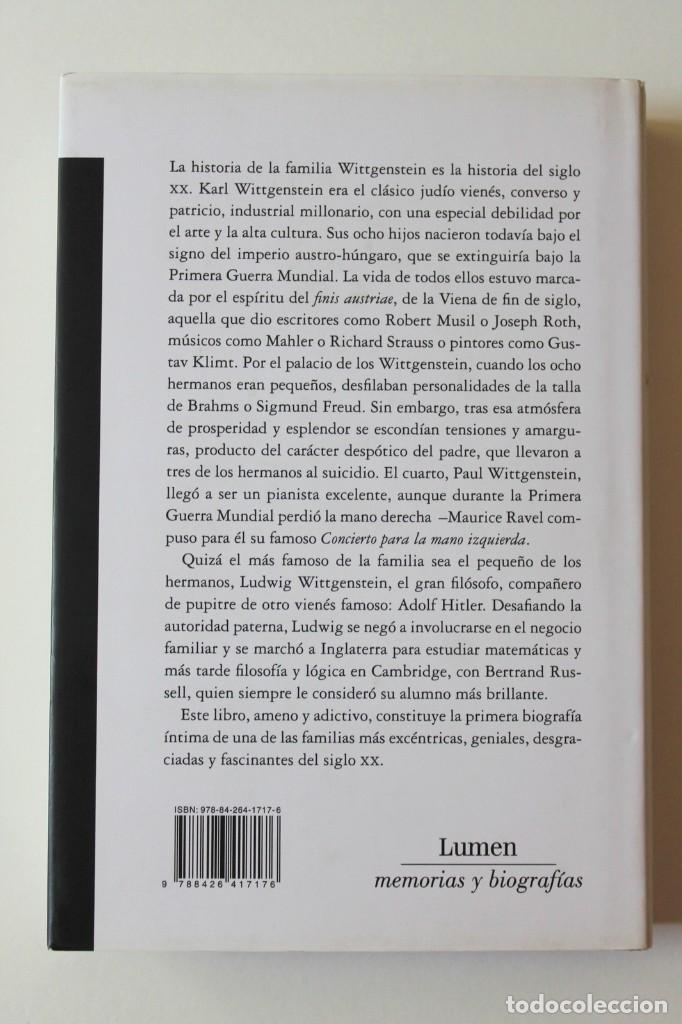

The book also hilariously satirized the Stratfordian theory in a mock courtroom cross-examination of “a typical orthodox Shakespeare pundit.” Waugh gave a presentation, “Vulgar Scandal Mentioned in Shakespeare’s Sonnets” ( update: now available on the SOF YouTube channel) at the current Ashland conference, and he spoke on the authorship question, along with several other anti-Stratfordian scholars from Britain, at the Osher Lifelong Learning Institute the day before the conference began. In his 2014 Kindle ebook, Shakespeare in Court, Waugh exposed the Shakespeare Birthplace Trust as a prime source of fraudulent misinformation about the life and times of the world’s greatest playwright. Waugh argues that the monument is telling us that “Shakespeare” ( i.e., Oxford) is also buried there, which explains the meaning of a letter by Oxford’s cousin, Percival Golding, stating that Oxford was buried in Westminster Abbey. He has recently presented a “holistic” interpretation of the Stratford monument, in which he argues that the references to Nestor, Socrates, and Virgil on the monument are allusions to three great English poets - Beaumont, Chaucer, and Spenser - all of whom were buried in Poet’s Corner in Westminster Abbey. He demonstrated that “Avon” was the ancient name of Hampton Court, where Shakespeare’s plays were performed for Queen Elizabeth I and King James I. In 2014, Waugh debated on behalf of the Oxfordian theory in the Fleet Street debate, Does the Authorship Question Matter? He also introduced a new theory about the phrase “ Sweet Swan of Avon” in the First Folio. Waugh also spoke on Shakespeare and Italy at the 2013 Shakespearean Authorship Trust Conference. Peter’s Church in Verona by citing Richard Paul Roe’s research showing that there were four churches of that name in Verona and identifying the only one of the four that Shakespeare could have had in mind when writing Romeo and Juliet.


Among many other points, Waugh refuted Stratfordian critic John Doherty’s assertion that there had never been a St. In recent years, Waugh has garnered publicity for his articulate skepticism of the Stratfordian theory of authorship and his advocacy of Edward de Vere, 17th Earl of Oxford, as the true creator of the works of “Shakespeare.” In 2013, he co-edited, with John Shahan, Shakespeare Beyond Doubt? Exposing an Industry in Denial, in which he authored a chapter on Shakespeare’s knowledge of Italy. The award was presented today, on the final day of the SOF Annual Conference held this year in Ashland, Oregon.

The Shakespeare Oxford Fellowship has named the admired British author Alexander Waugh the 2015 Oxfordian of the Year. Brief Chronicles & Other Past Journals Expand.


 0 kommentar(er)
0 kommentar(er)
